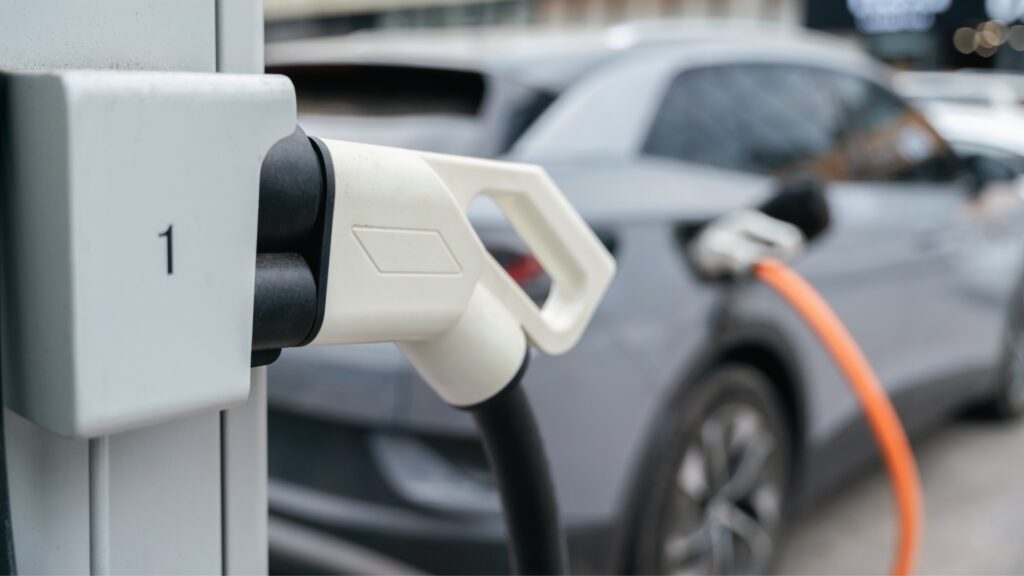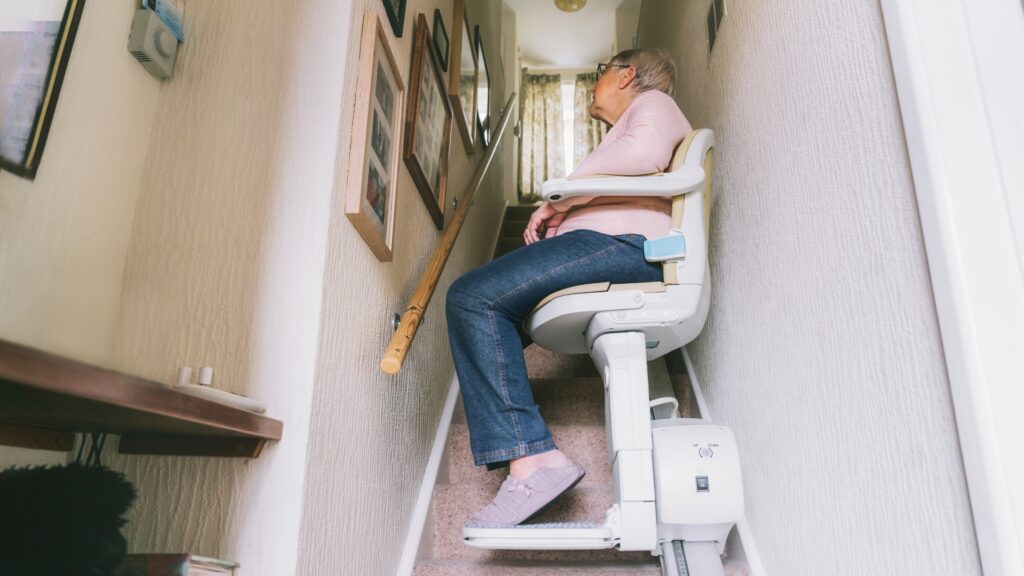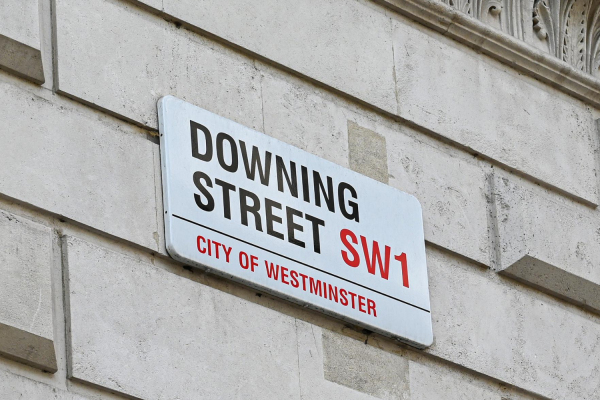Being a landlord entails numerous responsibilities and expenses, but the good news is that there are various grants available to alleviate some of these financial pressures.
As you’ll discover, many of these grants not only help landlords in maintaining their properties but also ensure tenants enjoy a secure and comfortable living space.
Here, we’ll explore the main grants accessible to landlords, their eligibility criteria and how you can apply in just a few steps.
- Boiler Upgrade Scheme
- Energy Company Obligation (ECO) initiatives
- Great British Insulation Schemes
- Electric vehicle chargepoint and infrastructure grants
- Disabled Facilities Grants
Why pay high street fees? Get your property online quickly and keep more of your rent. Create Advert Now
Boiler Upgrade Scheme

The Boiler Upgrade Scheme provides a significant opportunity for landlords in England and Wales to receive help toward the replacement of existing fossil fuel heating systems with more sustainable options like heat pumps or biomass boilers.
You can get one grant per property, including:
- £7,500 towards an air source heat pump
- £7,500 towards a ground source heat pump (incl. water source heat pumps and those on shared ground loops)
- £5,000 towards a biomass boiler
The grants for heat pumps saw an increase on 23rd October 2023. If you applied before this date and your installer hasn’t yet fitted your new heat pump, consider discussing the possibility of cancelling and reapplying to take advantage of the increased amount.
Who is eligible for the Boiler Upgrade Scheme?
Landlords who own properties in England and Wales, including those used for business purposes, can apply for the Boiler Upgrade Scheme.
To be eligible, the property must have had the new heating system installed or scheduled for installation on or after 1st April 2022, replacing existing fossil fuel heating systems like oil, gas, or electric.
You can confirm your eligibility by ensuring your property has a valid Energy Performance Certificate (EPC) with no outstanding recommendations for loft or cavity wall insulation.
OpenRent provides accurate EPC assessments by accredited assessors, offering flexible scheduling to suit your needs.
How can I apply for the Boiler Upgrade Scheme?
To apply for the Boiler Upgrade Scheme, landlords are advised to contact certified MCS installers. They will verify your eligibility and provide estimates for the required work.
MCS installers are professionals who have undergone training and certification through the Microgeneration Certification Scheme (MCS) scheme, demonstrating their ability to install various renewable energy technologies such as solar panels and heat pumps, among others.
Once your eligibility is confirmed and you have settled on a quote, your selected installer will handle the application through the Ofgem website on your behalf.
Ultimately, the grant amount will be deducted from the total cost of installation.
The Energy Company Obligation (ECO)

The Energy Company Obligation (ECO) represents a government energy efficiency scheme in Great Britain aimed at addressing fuel poverty and reducing carbon emissions.
These grants, funded by major energy suppliers, target low-income households and individuals residing in older properties, facilitating energy-efficient upgrades to their homes.
This scheme isn’t just for homeowners; it’s also accessible to landlords and tenants who meet the eligibility criteria outlined below.
While it’s generally the tenants who can apply for the ECO scheme, landlords should encourage eligible tenants to apply for it to improve their rental properties’ energy efficiency.
You might also be interested in…
- Going Periodic: What Happens When a Tenancy’s Fixed Term Ends?
- Has the Renters Reform Bill 2024 Been Passed?
- EICR Explained: Electrical Safety Certificates for Landlords
- Guide to the Renters’ Rights Act for Landlords 2025
- 8 Million Users Trust OpenRent to Find and Let Homes 🎉
Who is eligible for the ECO scheme?
To qualify for the ECO scheme, your property must require energy efficiency enhancements. The specific upgrades suitable for your home will be determined through a retrofit assessment.
Both landlords and tenants are eligible to apply for the ECO scheme. However, tenants must obtain permission, especially if the property is owned by a social housing provider or management company.
Applicants must also meet specific criteria related to their income, such as receiving benefits.
Priority is typically given to those living in low-income households or properties with poor insulation, which significantly contributes to high energy consumption.
How can I apply for the ECO scheme?
To apply for the ECO scheme you will first need to contact your local council to find out if they’re taking part or contact an energy supplier directly.
For a list of contact details of suppliers involved in the scheme, you can visit the Ofgem website.
Great British Insulation Scheme

The Great British Insulation Scheme, previously known as ECO+, is a newly introduced government energy efficiency program managed by Ofgem.
It aims to enhance the energy efficiency of the least energy-efficient homes across Great Britain, addressing fuel poverty and lowering energy costs.
While the scheme complements the Energy Company Obligation (ECO4) scheme, it primarily focuses on delivering individual insulation measures, as opposed to ECO4’s ‘whole house’ approach.
These improvements not only help reduce energy bills for your tenants but also enhance the appeal and cost-effectiveness of maintaining your property in the long term.
Rent Now offers all the landlord services you need, from contract signing to rent collection. Find Out More
Who is eligible for the Great British Insulation Scheme?
The Great British Insulation Scheme welcomes applications from homeowners, tenants, and landlords aiming to enhance the energy efficiency of their rental properties.
Eligibility is determined based on various factors, including the property’s EPC rating and Council Tax band.
Specifically, support may be available if your home has an EPC rating of ‘D’ to ‘G’ and falls within Council Tax bands ‘A’ to ‘D’ in England, or ‘A’ to ‘E’ in Scotland or Wales.
Landlords are also required to provide details of the total household income and any benefits received by the property’s tenants, as this may qualify them for additional support.
Again, it’s advisable for landlords to encourage tenants to apply for this scheme to further improve their properties’ energy efficiency.
How can I apply for the Great British Insulation Scheme?
To apply for the Great British Insulation Scheme, simply visit the government’s website and complete the required information.
Upon submission, you’ll be informed whether your energy supplier is accepting new applications. If they are, they will reach out to you to schedule a property assessment.
After the assessment, you’ll receive information regarding any related costs. If you disagree with the assessment or costs, you have the option to decline to proceed.
Electric vehicle chargepoint and infrastructure grants

As the name suggests, electric vehicle (EV) chargepoint and infrastructure grants offer financial support for the installation of EV chargepoints and the required infrastructure.
This empowers landlords to contribute to sustainable transportation solutions while boosting the appeal of their rental properties.
Who is eligible for electric vehicle grants?
Landlords who own or manage residential properties in the UK can apply for these grants. The grant can only be used on existing properties. It cannot be used for buildings under construction.
Each parking space you’re applying to install a chargepoint at must be off-street, accessible to your tenants, private and clearly defined. While you need to own the parking space or have a legal right to it, it doesn’t have to be part of the property.
If you’re applying for an EV infrastructure grant, you must be using it for a property with multiple homes – for example, an apartment block.
Moreover, you must install at least one chargepoint socket as part of the work as well as carry out work on at least five parking spaces, so they either have chargepoint sockets or are ready to have them installed in the future.
How can I apply for electric vehicle grants?
To start the application process, landlords should set up an account on the Office for Zero Emission Vehicles (OZEV) grant portal and find an approved chargepoint installer.
Once the installation work is finished, your installer will process your claim through the portal. They will provide OZEV with details of the chargepoint, including installation photographs and an invoice.
If your claim is approved by OZEV, the grant will be disbursed to your chargepoint installer, who will deduct the amount from your bill.
Your invoice will reflect the total installation cost, with the grant amount subtracted.
Disabled Facilities Grants

Disabled Facilities Grants provide vital financial assistance to homeowners, including landlords with disabled tenants, enabling them to make essential modifications to their properties.
These modifications are geared towards enhancing accessibility and promoting independent living for individuals with diverse conditions, such as physical disabilities, cognitive impairments, and age-related disabilities.
Who is eligible for Disabled Facilities Grants?
The eligibility criteria for Disabled Facilities Grants encompass a broad spectrum of individuals, comprising homeowners, private tenants, and council tenants, among others.
To qualify for the grant, the individual residing in the property must have a disability and intend to live in the property for the grant’s specified period, typically five years, although this duration can vary (especially in cases involving terminal illnesses).
The application must be submitted by the owner, tenant, or landlord.
How can I apply for Disabled Facilities Grants?
To apply for the Disabled Facilities Grants, individuals can directly contact their local council.
The council conducts an assessment to determine the necessary and viable modifications needed for the property, often through a home visit by an occupational therapist or a trusted assessor.
The grant amount is subject to regional limits, and the local council evaluates eligibility based on specific criteria, such as the intended duration of residency and the feasibility of the proposed property adjustments.
Additional support from your local council
Apart from these government-led initiatives designed to aid landlords in improving their rental properties, your local council can provide a range of extra assistance.
We’ve compiled a list of the most common types of grants offered by local councils to landlords, where you’ll get a comprehensive view of the available support.


